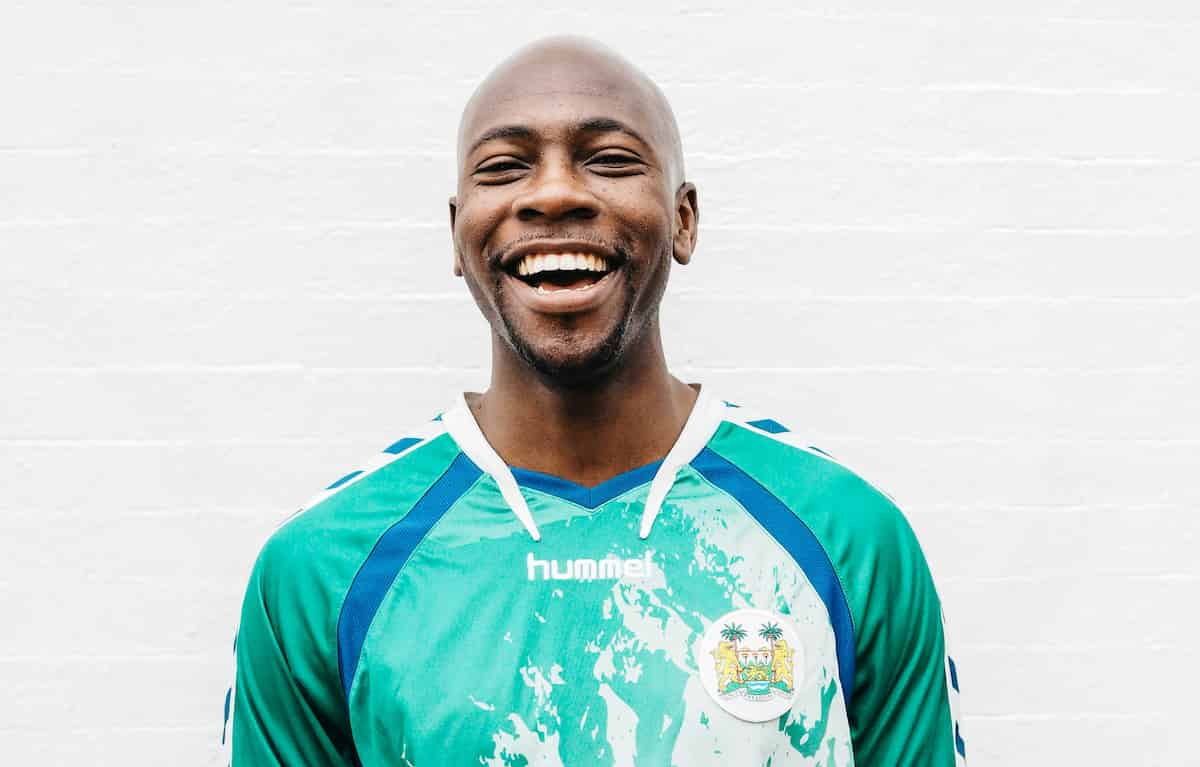The goals people aim for in life change with their personality.
The most common changes in personality between 18 and 40-years-old are to become more agreeable and more conscientious.
Agreeable people tend to be friendly, warm and tactful — always taking into account other people’s feelings.
More conscientious people, meanwhile, tend to be self-disciplined and aim for achievement.
Now, research finds that the goals people aim for in life change with their personality.
For example, people who became more agreeable over the years focus more on relationship and family goals.
People who became more self-controlled and organised tend to value family and economic goals.
Dr Olivia E. Atherton, the study’s first author, said:
“This study was a unique opportunity to examine how individuals’ personalities and major life goals were related to each other across two decades of life.
We found that, in many ways, one’s personality shapes the types of life goals that are valued, and as a result of pursuing those goals, personality changes.”
The study included over 500 people who tracked over more than 20 years.
They were asked about their goals for their careers, for being wealthy, for having a family and for being active in politics or religion.
The researchers then looked at these goals and compared them with people’s personalities.
One famous figure who promoted the benefits of goal-seeking was Albert Einstein, who said:
“If you want to live a happy life, tie it to a goal, not to people or things.”
The study’s authors write:
“Einstein’s tendency to be creative, curious, and intellectual likely fuelled his scientific goals, as well as his more aesthetic goals, such as his passion for playing the violin.”
The results of the study revealed that people’s personalities change in reliable ways:
“We found that, on average, individuals increased in agreeableness and conscientiousness, decreased in neuroticism, and showed little change in openness to experience and extraversion from age 18 to 40.”
People place less importance on goals as they got older, the research also found:
“By identifying their own personal strengths and limitations, middle-aged adults may place less importance on certain major life goals because some goals may no longer be viewed as self-relevant.”
The study was published in the journal Personality and Social Psychology Bulletin (Atherton et al., 2020).

